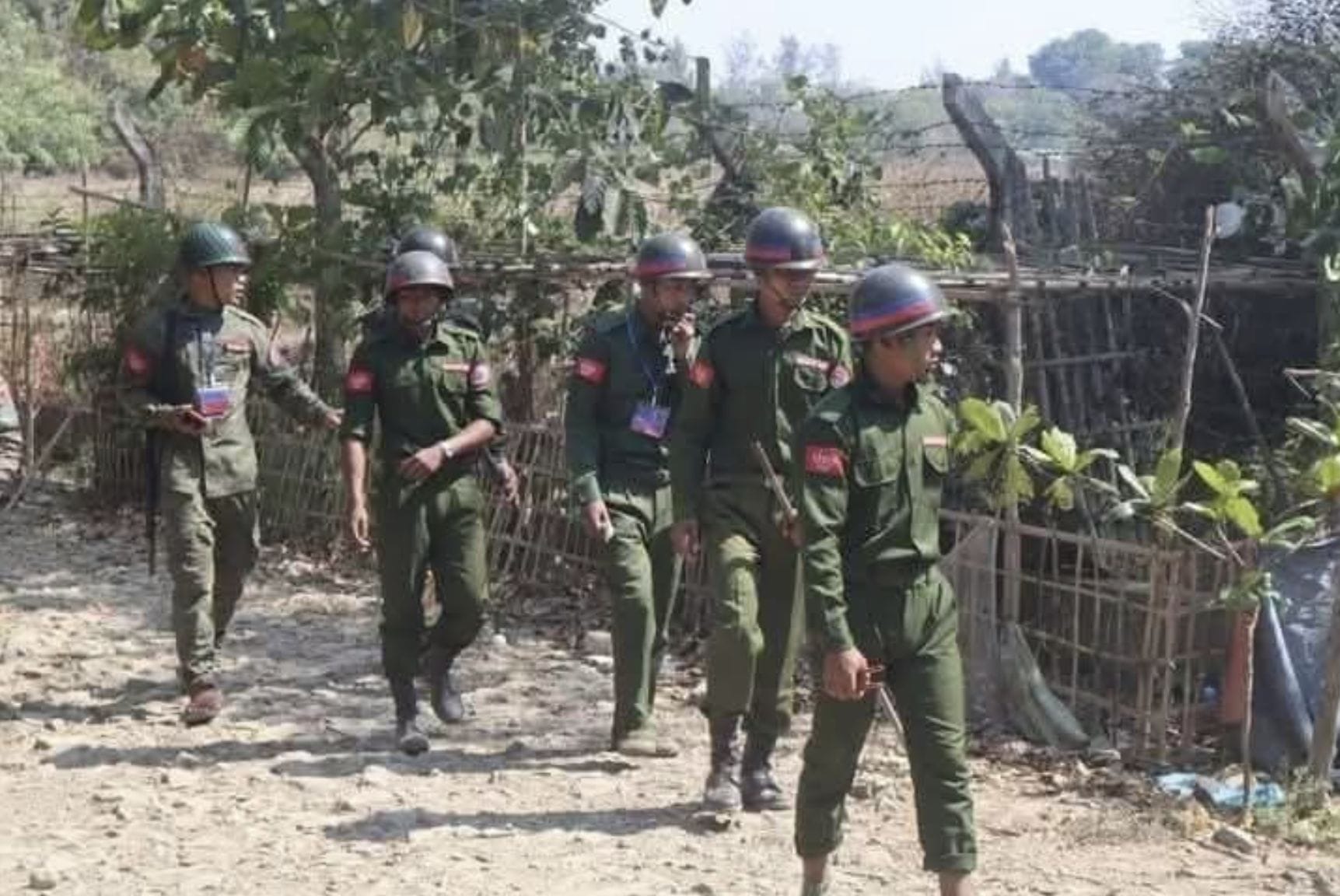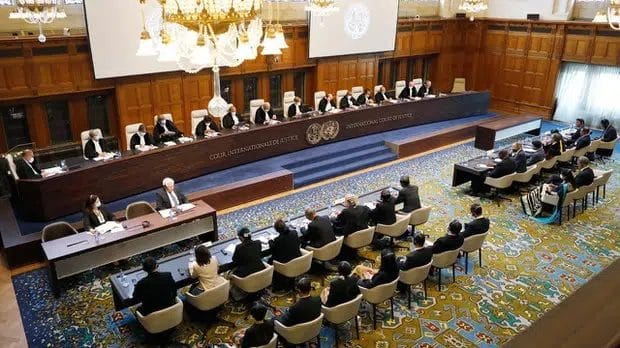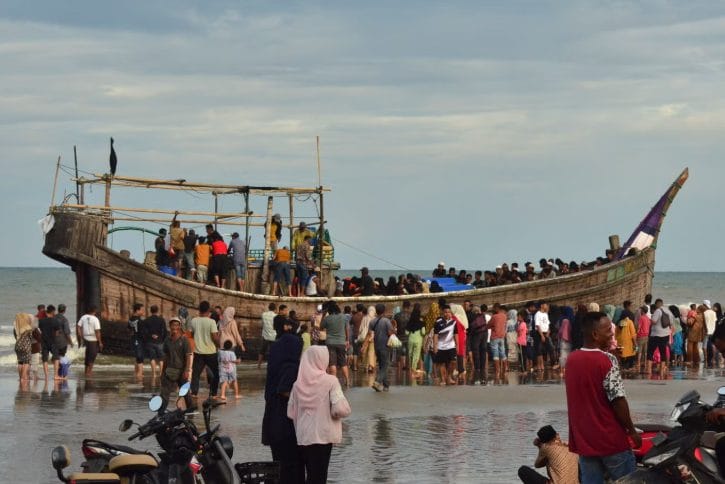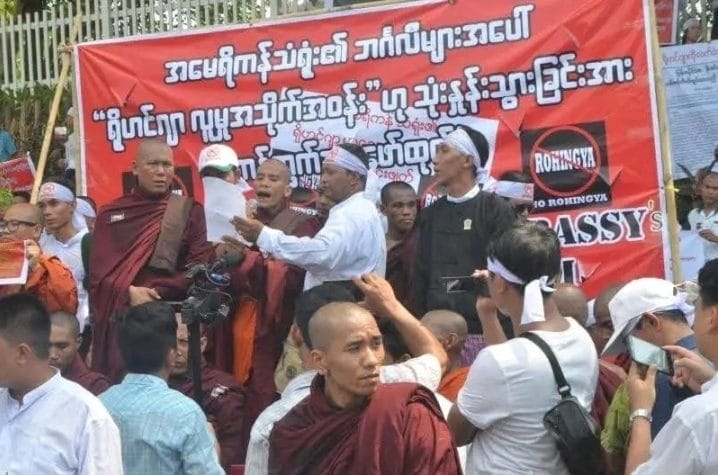Arakan News Agency | Exclusive
Leaders of the separatist Arakan Army (AA), which controls Arakan state, held a meeting with Rohingya residents in Maungdaw on Monday, in which it called on them to support and work with AA to achieve prosperity for Arakan, while threatening who support or join opposing armed groups.
An Arakan News Agency correspondent reported that political and military leaders affiliated with the AA held several meetings with the Rohingya in Maungdaw over the past few days. They called on them to abide by the law and support the AA and its government, pledging that “Arakan will enjoy prosperity like that of Singapore within 20 years.”
During the meeting, a battalion official emphasized the AA’s respect for all ethnic and religious groups in the state and that all residents must cooperate with and support the AA in order to achieve prosperity in Arakan and benefit from its resources.
He continued, “If we want Arakan state to advance, we need peace, an end to violence, and the defeat of terrorists together.” He called on residents to renounce armed groups and report the Arakan Army immediately upon seeing their members. He added, “If the Arakan Rohingya Salvation Army ARSA enters the villages and we see any activity from them, it will not be in your best interest. We will expel you from the villages, and then you Muslims will suffer,” according to a source who spoke to the Arakan News Agency.
Since the Arakan Army took control of the city last December, it has discriminated against the Rohingya, restricting their religious freedom and movement between villages. It has also confiscated their lands and homes and granted them to Rakhine residents, imposed heavy taxes, carried out arrests and detentions, and subjected them to forced labor and conscription.
The Arakan Army launched a military campaign in November 2023 against the Myanmar military to seize control of the state, capturing 14 of the 17 towns. The conflict has also affected the Rohingya, who have been subjected to violence, forced displacement, and persecution by both sides. They were also subjected to a “genocidal” campaign by the Myanmar military in 2017, which forced nearly a million of them to flee to Bangladesh.

















